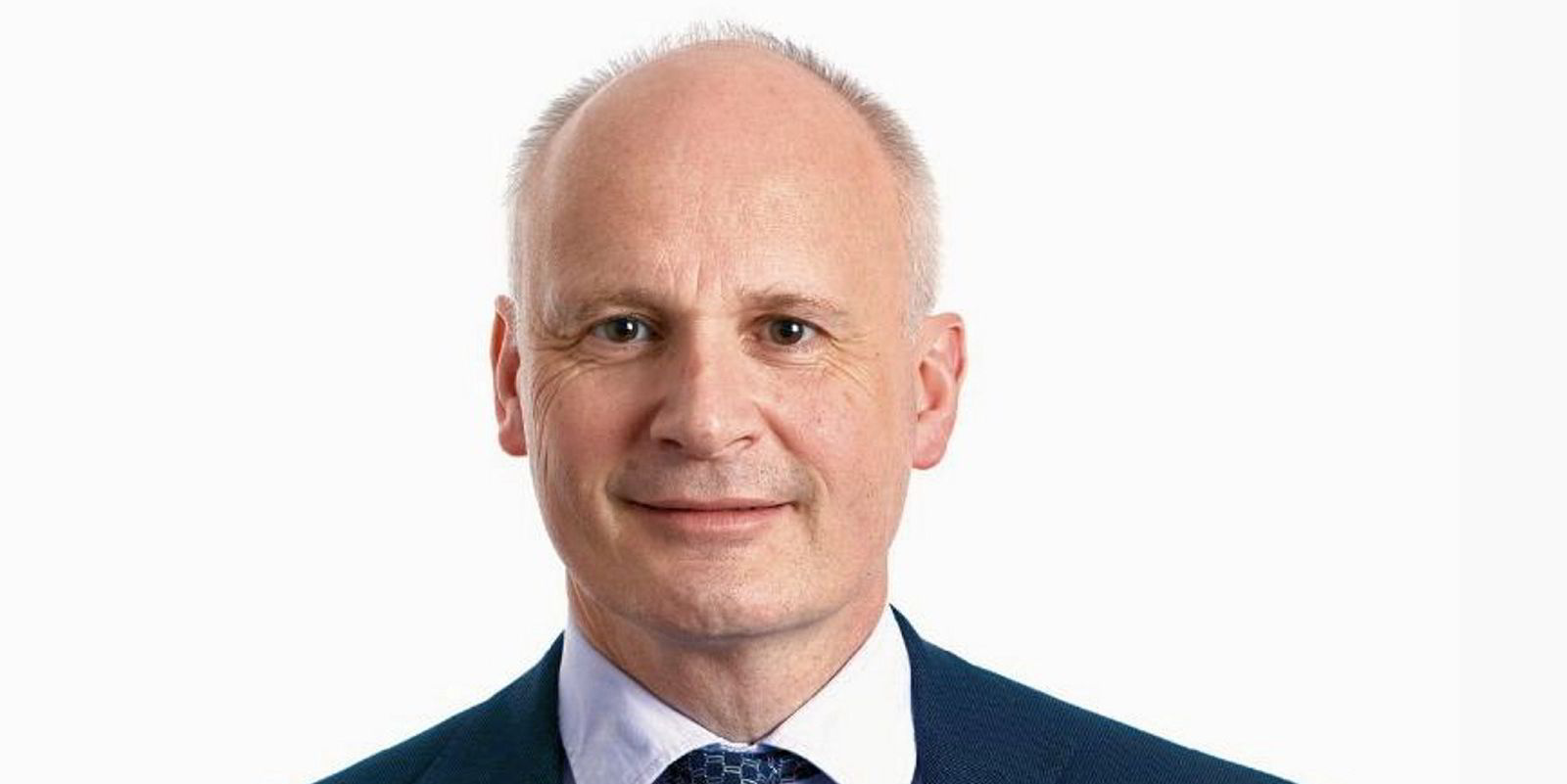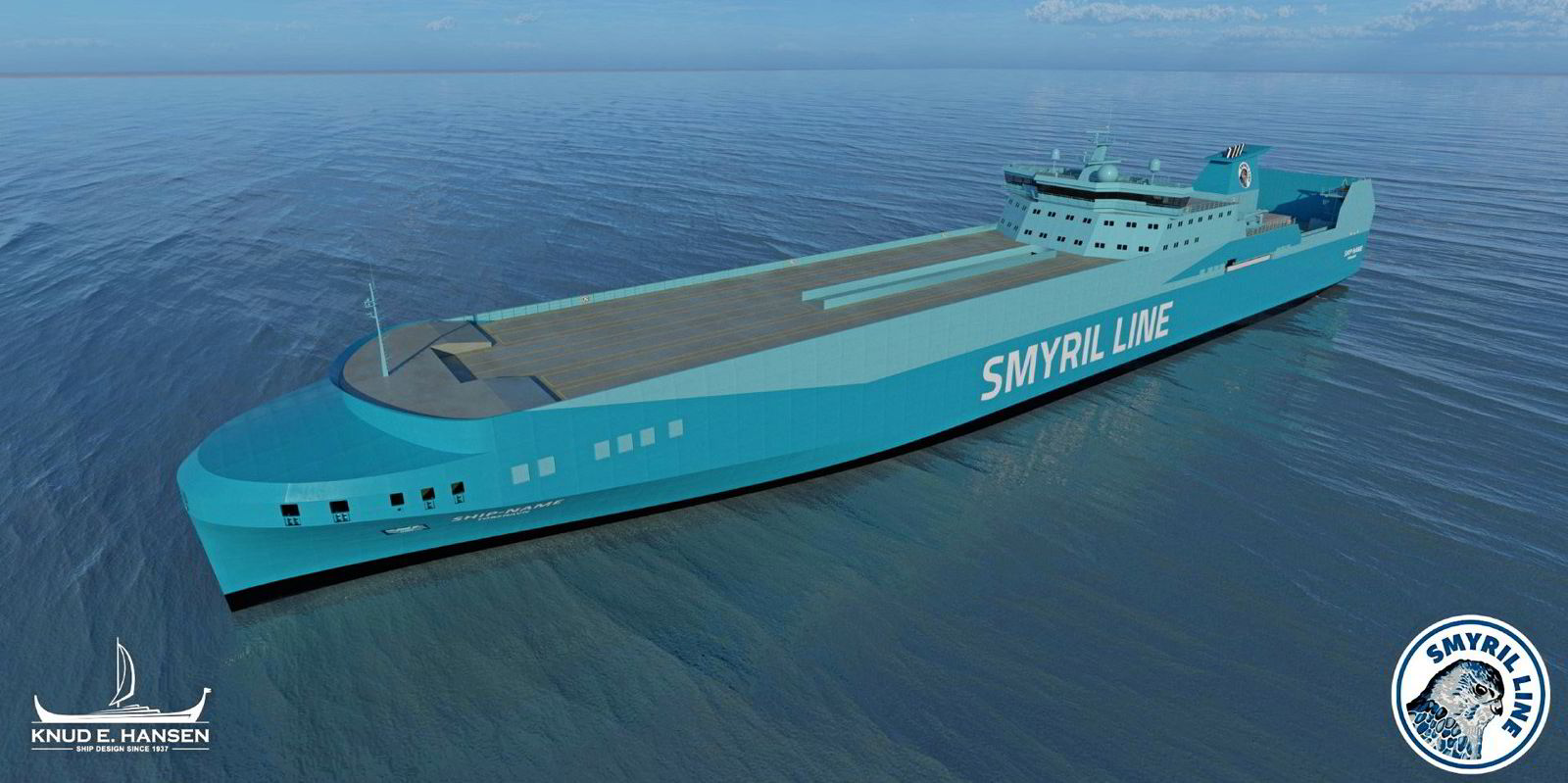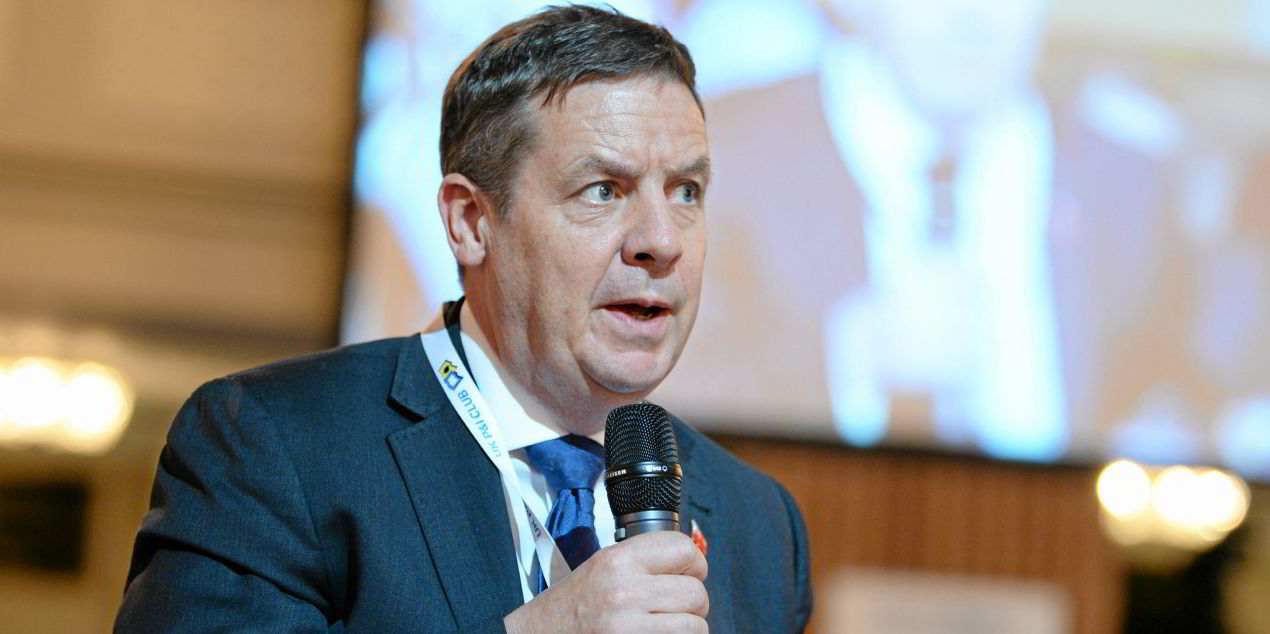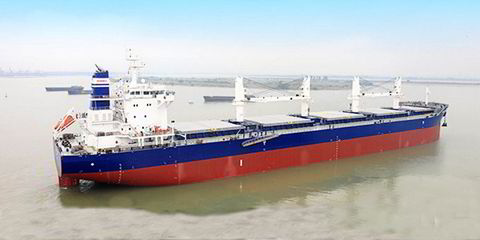NorthStandard external affairs director Mike Salthouse has been one of the leading figures representing the shipping industry in negotiating with governments over sanctions.
He has helped guide regulators through the complexities of the shipping business, helping them understand the industry and making sure sanctions are appropriate.
He has had a front-seat view of how sanctions have evolved and their role in fragmenting world trade and putting a brake on globalisation.
“The days when we had an unparalleled period of growth have probably stopped now,” he told the International P&I Conference in Athens.
“Who we do business, and how we do it, is all subject to some form of sanction.”
Although he is often associated with sanctions, it is not the biggest issue shipping has to contend with in the coming years, he believes.
As shipping targets net zero by 2050, decarbonisation presents a bigger challenge that requires shipping to engage with governments and regulators just as it has over sanctions.
Salthouse worries that the rush towards achieving net-zero emissions might lead to inadequate regulation unless the shipping industry is actively engaged in the conversation and can exert influence.
“If we do not engage, bad policy will start to govern how we do our business. We need to work with other bodies to get a collaborative consensus to get our point across,” Salthouse said.
Decarbonisation regulations such as the European Union’s Emissions Trading System have already proved contentious.
But there are also issues closer to home for insurers that demand attention and resolution.
From the perspective of a protection-and-indemnity insurer, it is crucial to establish a liability convention that can effectively address the use of alternative and potentially risky fuels like ammonia and nuclear energy.
Existing conventions such as the International Convention on Civil Liability for Oil Pollution Damage are not appropriate.
Conventions take time to develop and enter into force. The International Convention on Liability and Compensation for Damage in Connection with the Carriage of Hazardous and Noxious Substances by Sea — which could potentially provide a solution — has still not entered into force after more than a decade.
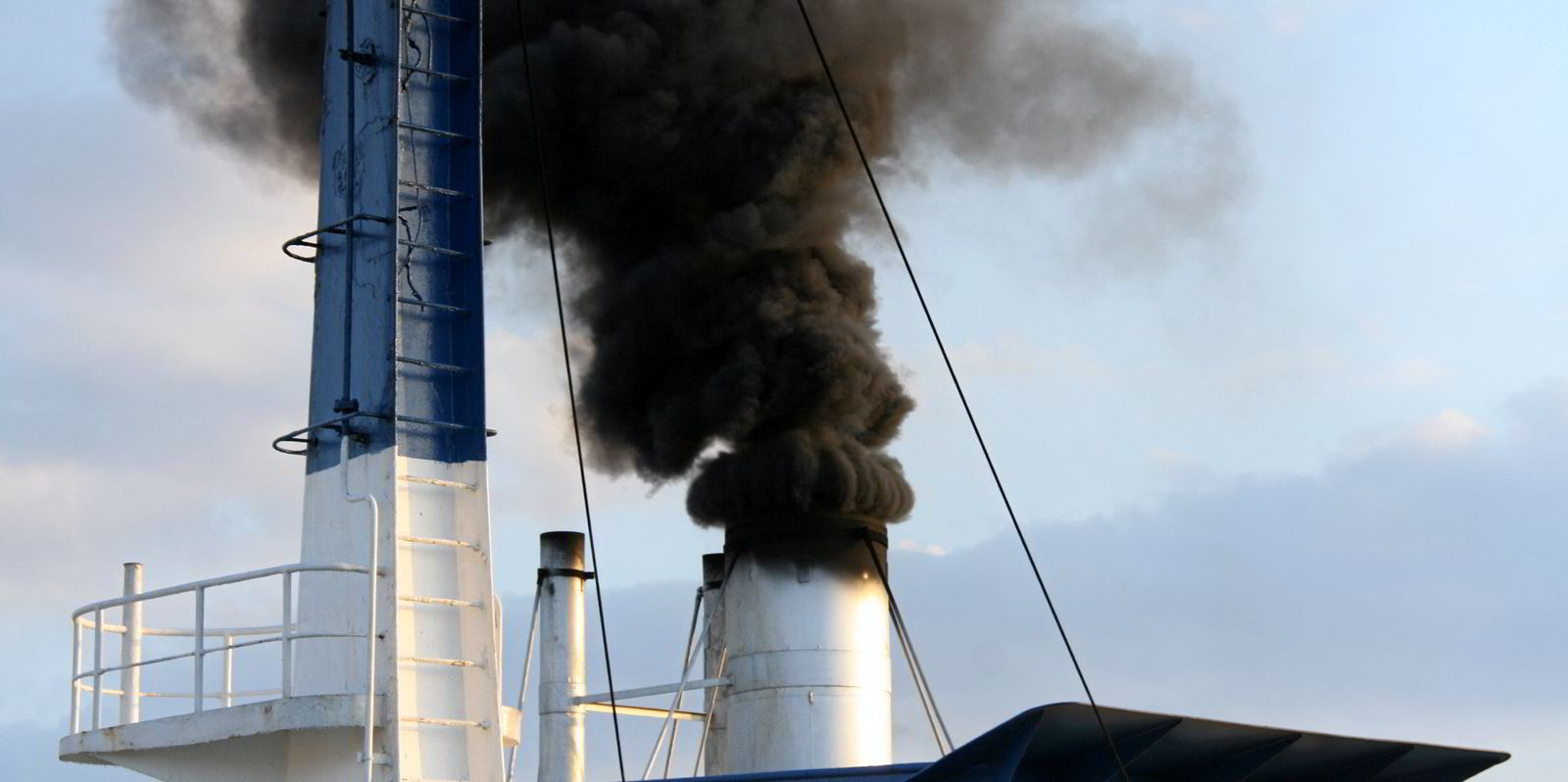
The International Group of P&I Clubs has established a collaborative working group, partnering with bodies such as the International Chamber of Shipping and the International Maritime Organization, to discover viable solutions.
“The scale of the challenge facing shipping in the years ahead will require more effort and engagement than ever before,” Salthouse said.
He described insurers as a bystander in the decision-making process over which low or zero-carbon fuels will eventually be adopted.
All P&I clubs say they are working closely with their shipowner members to promote the safe utilisation of alternative fuels.
But insurers face the challenge of pricing risk amid an uncertain liability landscape.
“We can see this coming down the tracks and we can’t just wait until there are 20 fuels available before we come up with a price,” Salthouse said.
“We have to consider how we price that risk and how will it work. That to my mind is why we need a liability framework for ammonia, hydrogen and nuclear,” he said.
